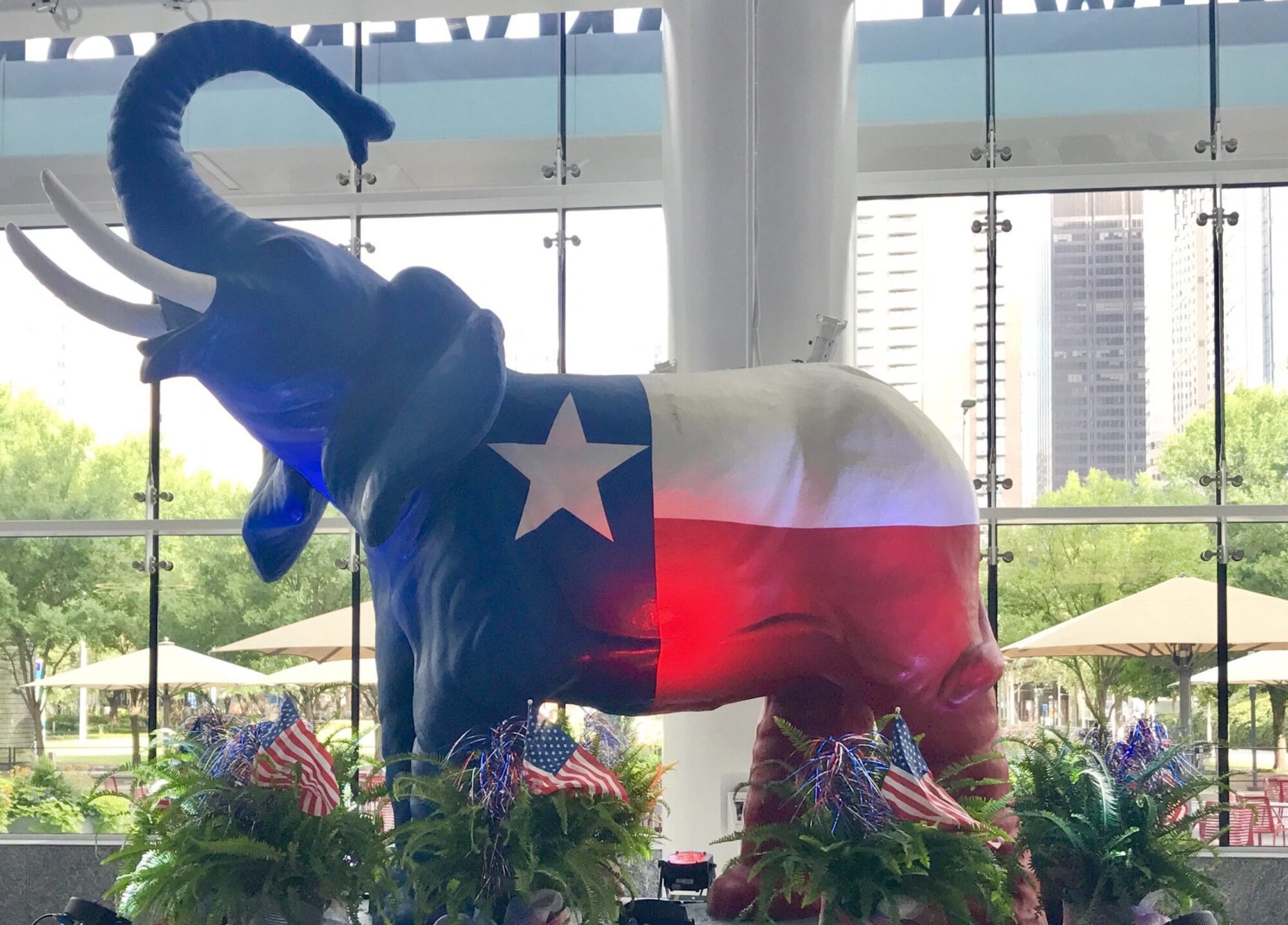While Texas’ notoriously liberal capitol city recently banned innovative ridesharing services like Uber and Lyft, the Fort Worth City Council has adopted policies to accommodate customers and drivers.
Austin and Houston have passed measures aimed at protecting the monopolistic taxicab industry. Those cities have adopted needless restrictions, such as a burdensome fingerprinting requirement, that are designed to protect the taxi companies’ profit margins rather than citizens.
The Fort Worth City Council alternatively chose to rely on Uber’s third party, nationally accredited screening process. Ridesharing advocates argue Uber’s evaluation process does a better job of protecting customers from potential bad actors, while making the driver-application process convenient for those seeking work.
Following Fort Worth’s decision – which came after over a year of deliberation – Uber released the following statement:
“We applaud the City of Fort Worth for adopting modern ridesharing rules that empower residents, students and visitors to request a ride or earn money at the touch of a button. Mayor Price and Councilman Espino’s leadership on this important issue should be commended. This thoughtful approach to regulating ridesharing can serve as a model for other major cities across the state of Texas.”
Both Houston and Austin remain steadfast in their misguided fingerprinting requirements, partially motivated by a desire to please local taxicab special interests that fear market competition. As is the case with many anti-competitive protection schemes, officials claim the overly onerous regulations are necessary to protect consumers.
The Texas Scorecard previously published how innovative companies such as Uber are actually safer than taxicabs and other traditional competitors.
By using geo-tagging and GPS data, Uber’s platform offers greater transparency for both consumers and drivers. Additionally, studies have shown their entrance into a market has been followed by significant reductions in drunk driving incidents and DUI arrests, making roads safer for everyone else.
James Quintero, director of the Center for Local Governance at Texas Public Policy Foundation said, “In too many Texas towns, city governments are driving out companies like Uber and Lyft with heavy-handed and duplicative regulations.”
The ridesharing business model has increased both the availability and access for consumers – with improved quality and at a lower cost – while providing opportunity to drivers seeking well-paying jobs.
Not surprisingly, Texas’ most liberal city councils have managed to screw it up.




